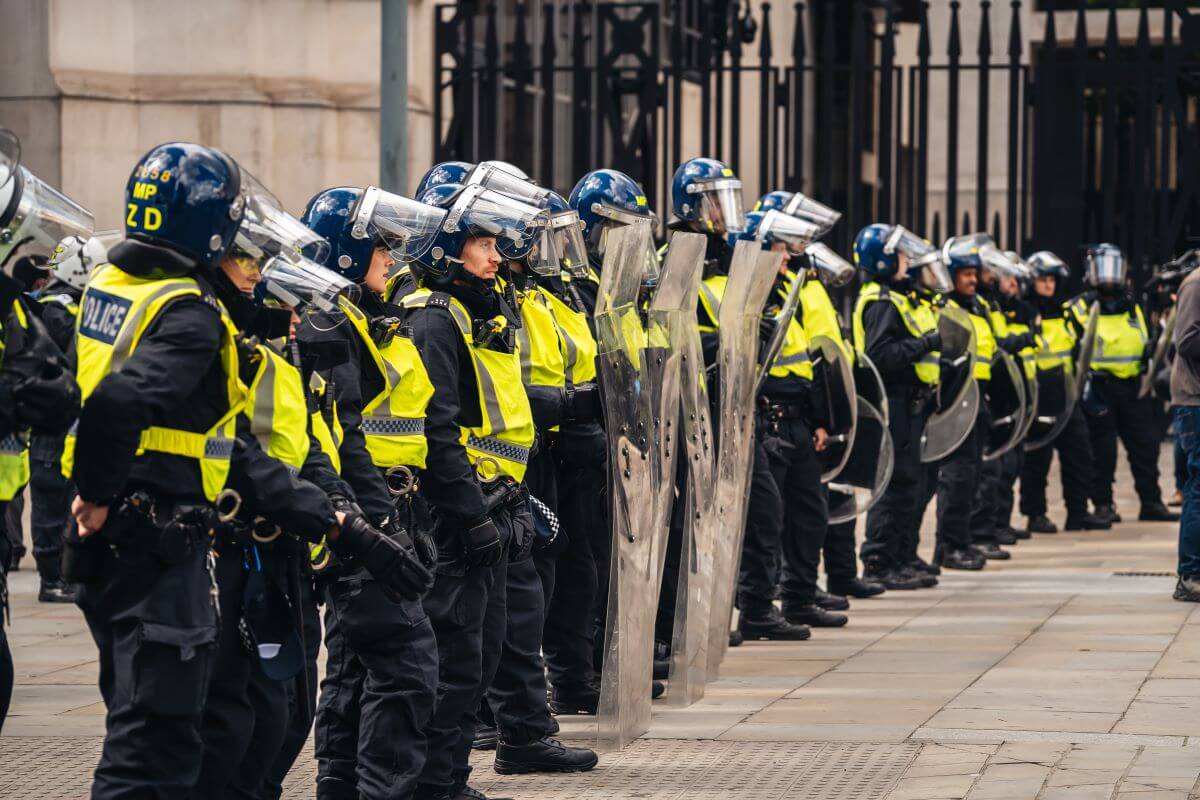Police in London struggle with the challenges of maintaining public order amidst mass protests, as a parliamentary committee sheds light on the delicate balance between civil rights and law enforcement priorities. Here’s the full story.
Right to Protest
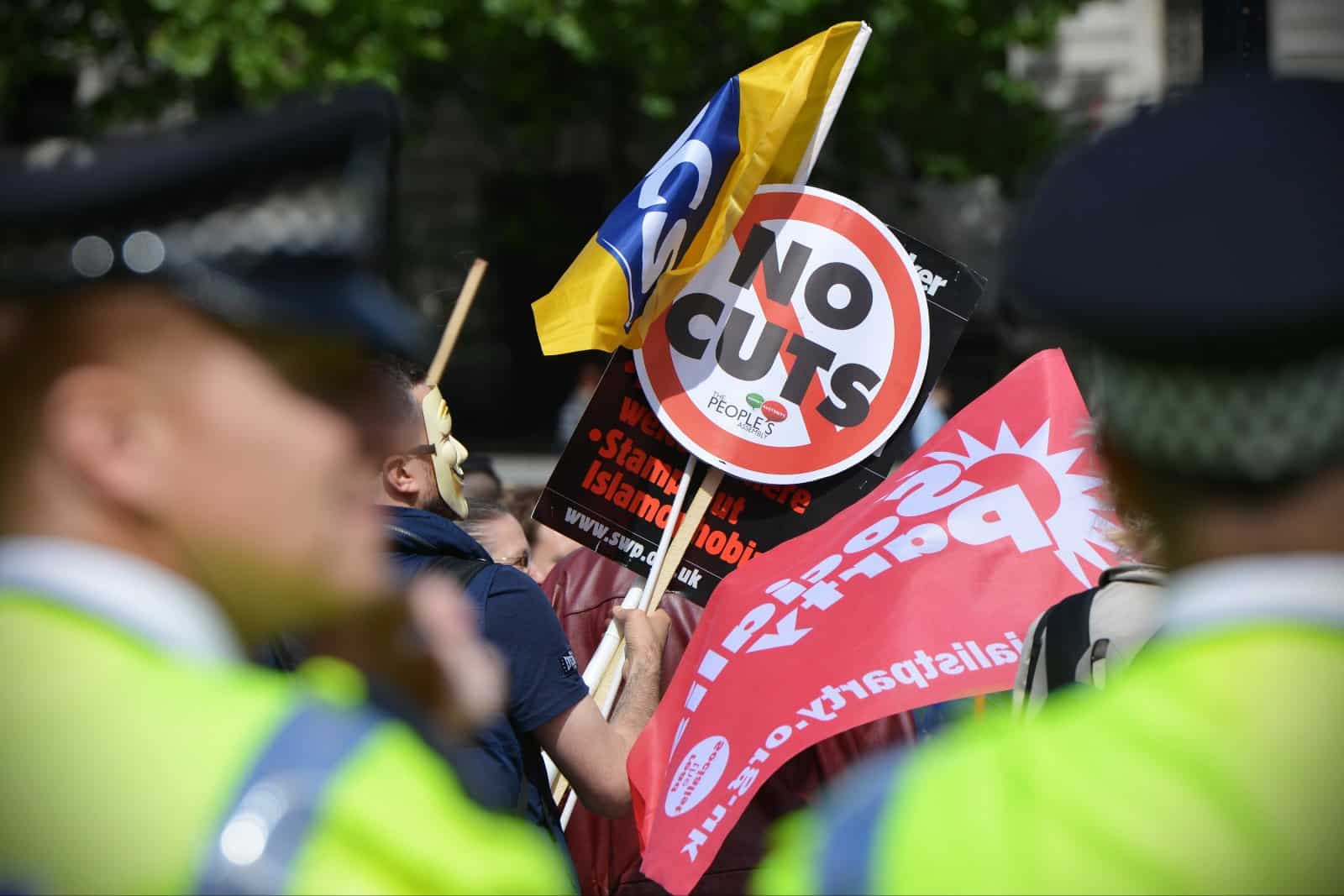
The right to protest is a cornerstone of any democratic society, as the ability of like-minded individuals to gather and mount opposition to policies or practices they disagree with is often the first to disappear as a society slides into authoritarianism.
Speaking Out

We need only look to countries like Iran or Russia, where protesting can and does carry an undue burden, with protesters being locked up or even killed for speaking out against their government.
Mass Protests
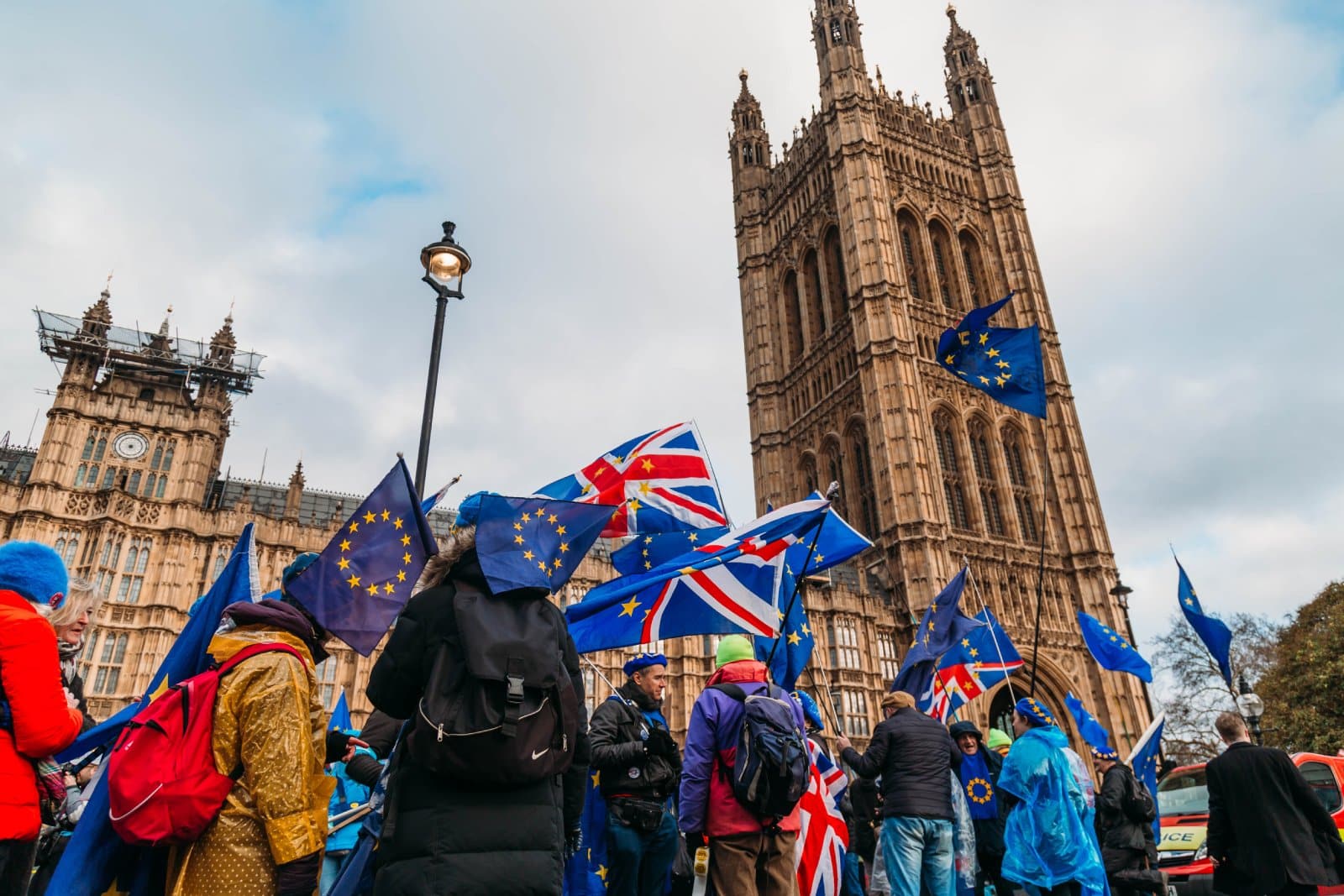
Closer to home, in the UK, frequent mass protests in central London have led to The Home Affairs Select Committee, in a recent report, raising serious concerns about the strain these protests are placing on law enforcement.
Police Powers
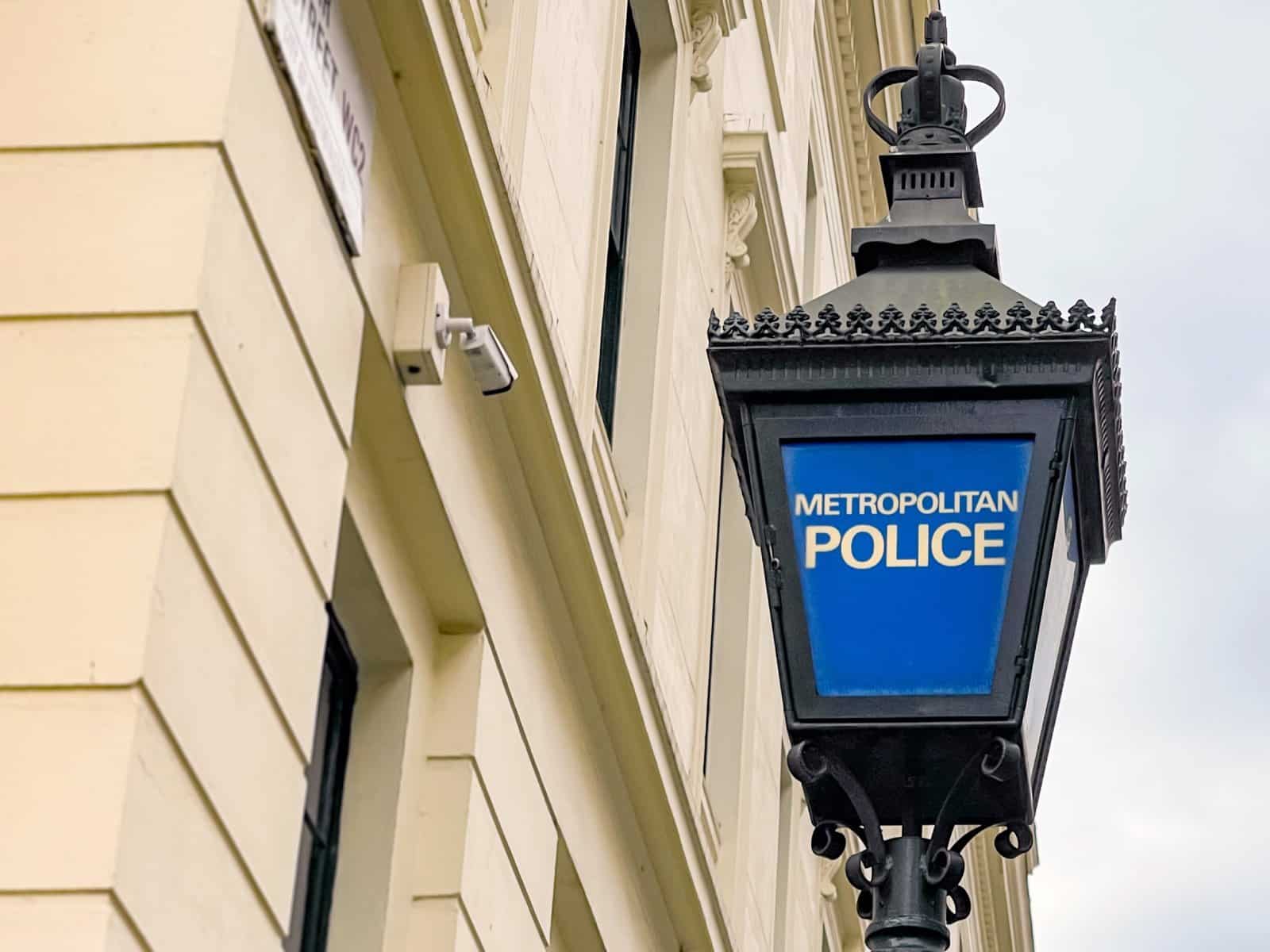
The Committee has called for measures to address the issue, including giving the police more powers to curtail peaceful protests.
Size and Frequency
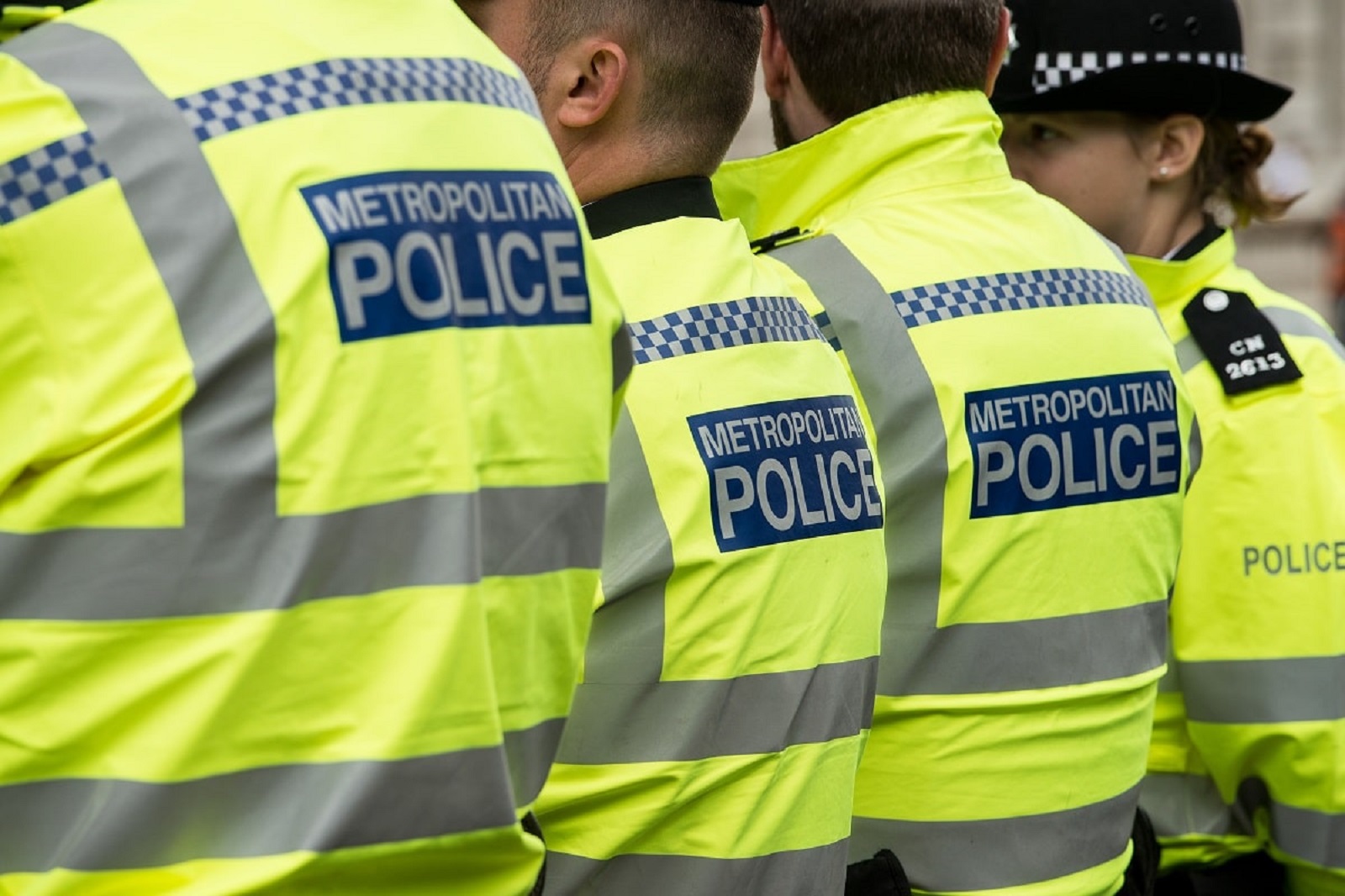
The Home Affairs Select Committee underscored the challenges faced by the Metropolitan police due to the size and frequency of protests, particularly those related to the conflict in Gaza.
Diverting Resources
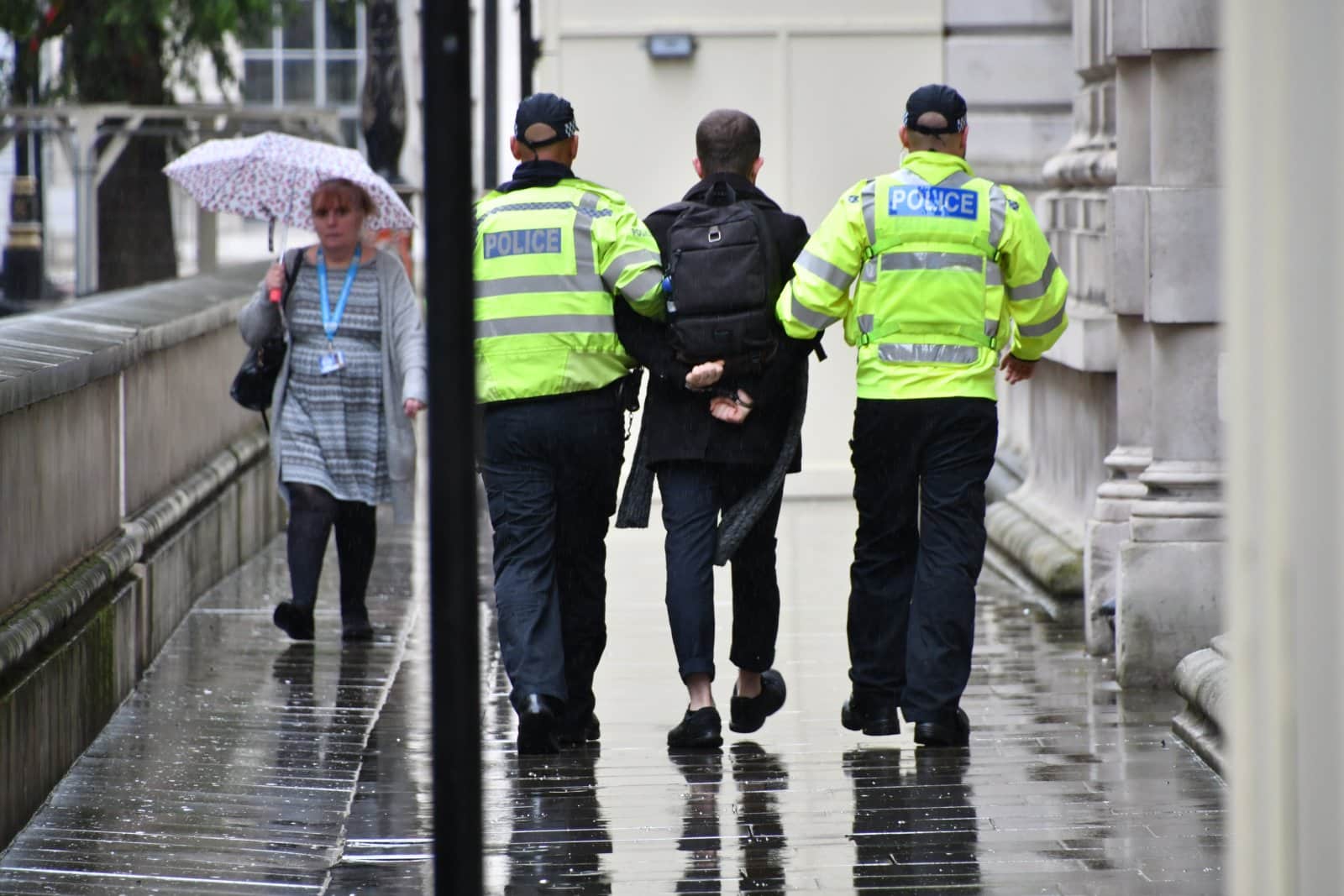
According to the Committee, these protests have diverted significant police resources from other essential duties, hindering the implementation of crucial training programs and recruiting new officers.
Escalating Demands

In response to the escalating demands on law enforcement, the Committee proposed regulatory changes to manage protests better.
Protest Organisers

Suggestions included expanding the requirements placed upon protest organisers, such as extending the minimum notice period beyond the current six days.
Outcry

These proposals, however, have led to an outcry among civil liberty organisations and activists, who argue that such measures could undermine the fundamental right to peaceful assembly.
Defending Rights

Organisations like Amnesty International UK and Liberty have vehemently defended the right to protest, characterising it as a cornerstone of democracy that must be safeguarded.
“Major Crackdown”
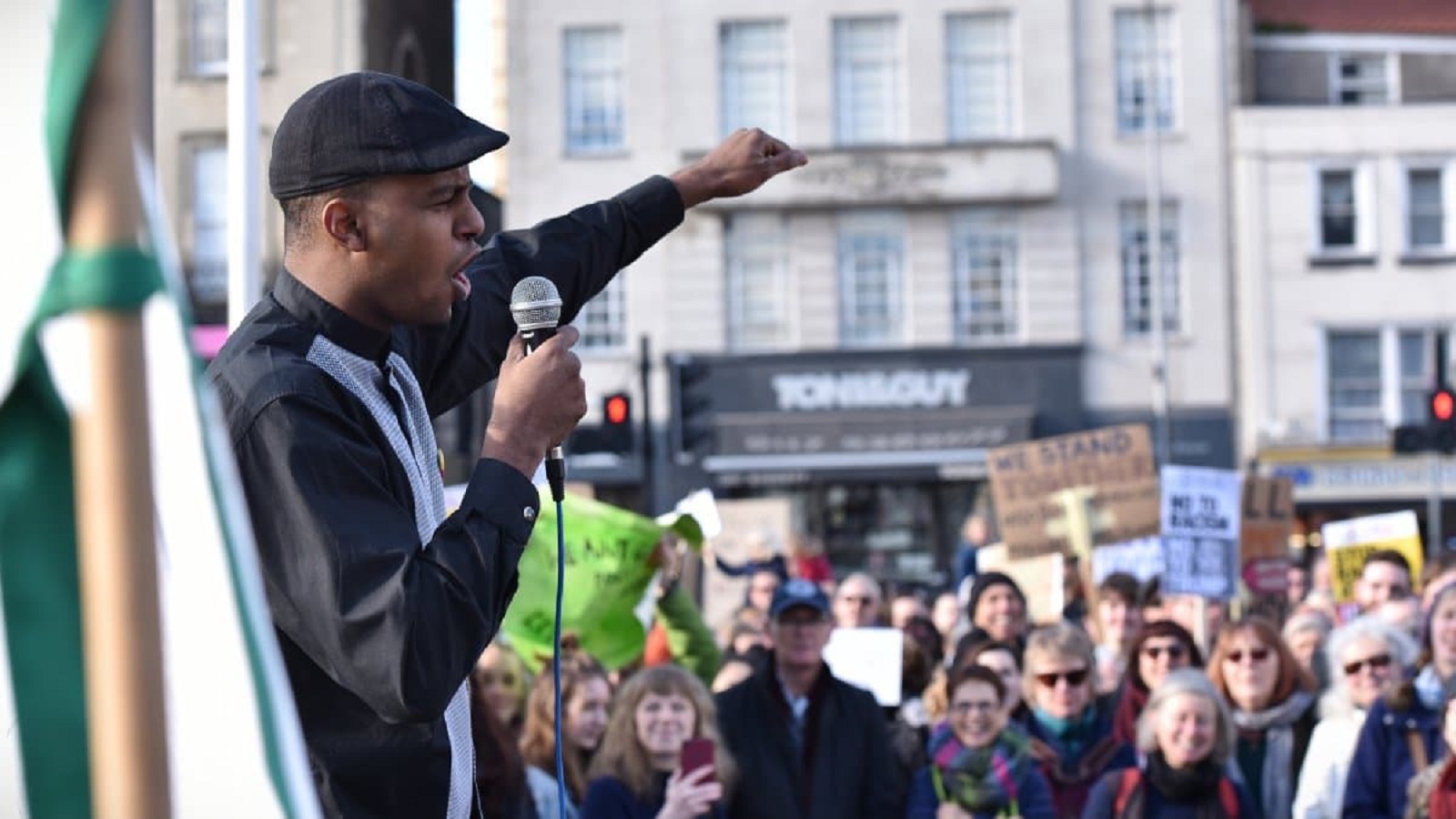
Amnesty International UK’s law and human rights director, Tom Southerden, stated, “There has been a major crackdown on the right to peaceful protest in this country, and yet more laws to curb protests and activism are being proposed.”
Protest is Not the Problem
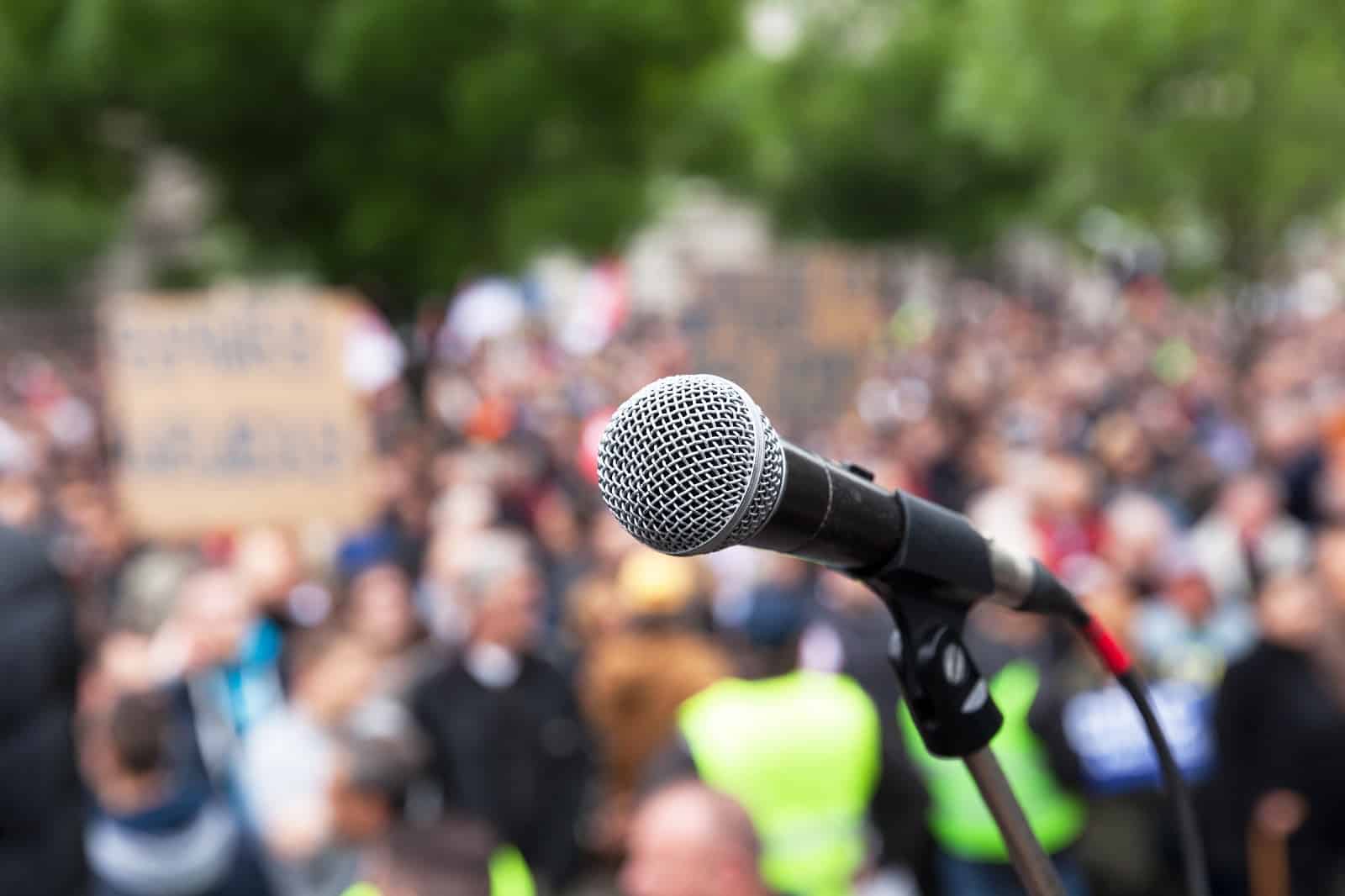
He continued: “As it stands, the problem with protest in this country is not that there’s too much of it, but that the government has handed ever more sweeping powers to police to curtail it.”
According to these advocates, any attempts to limit protest rights risk eroding democratic principles.
Strain on Police
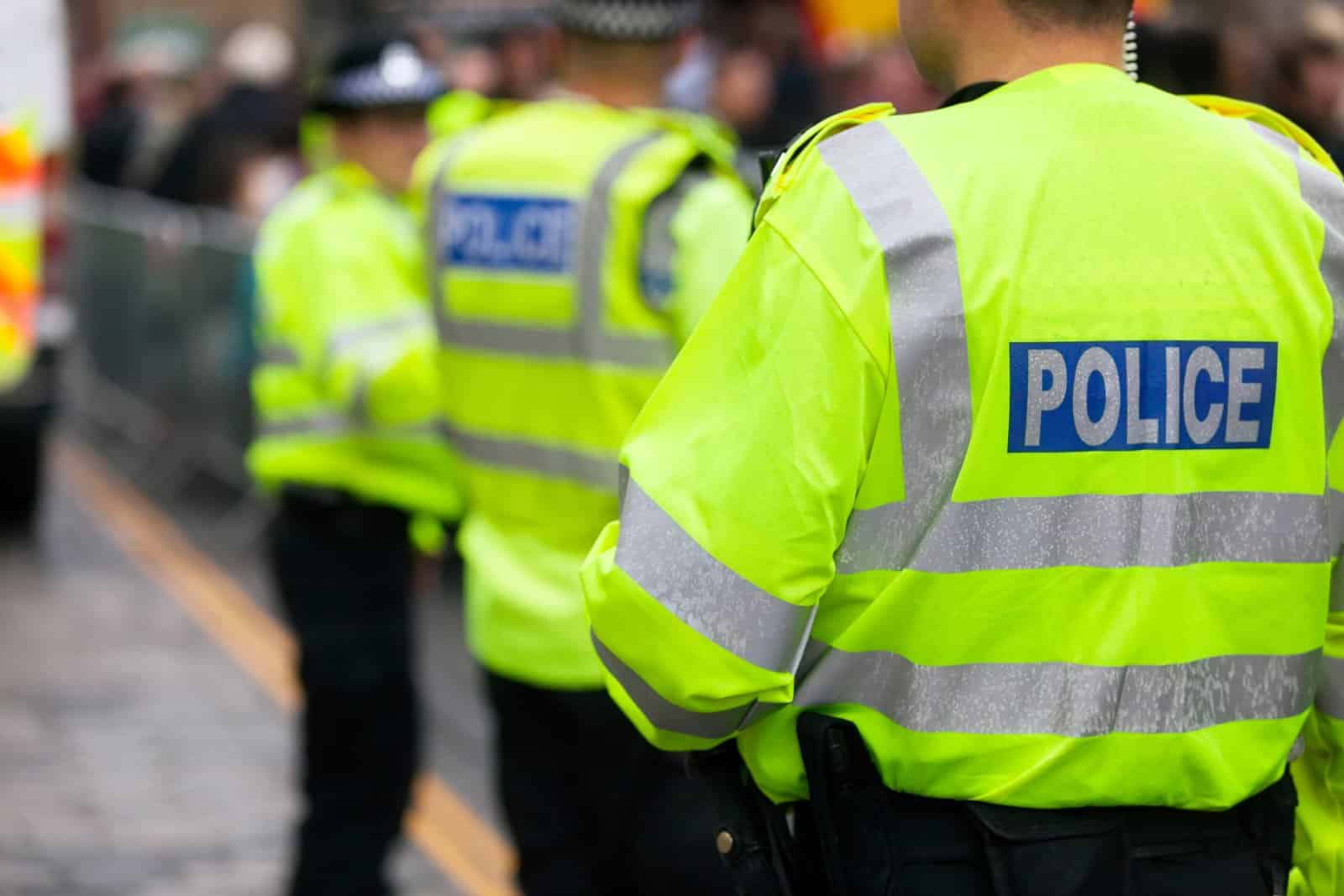
In response, the report highlighted the strain on police officers, with thousands of rest days cancelled to ensure the safe policing of protests.
Impact on Officers

Senior police officials expressed concerns about the impact on officer wellbeing, emphasising the need for greater support and resources to manage the heightened demands effectively.
Intimidation Concerns
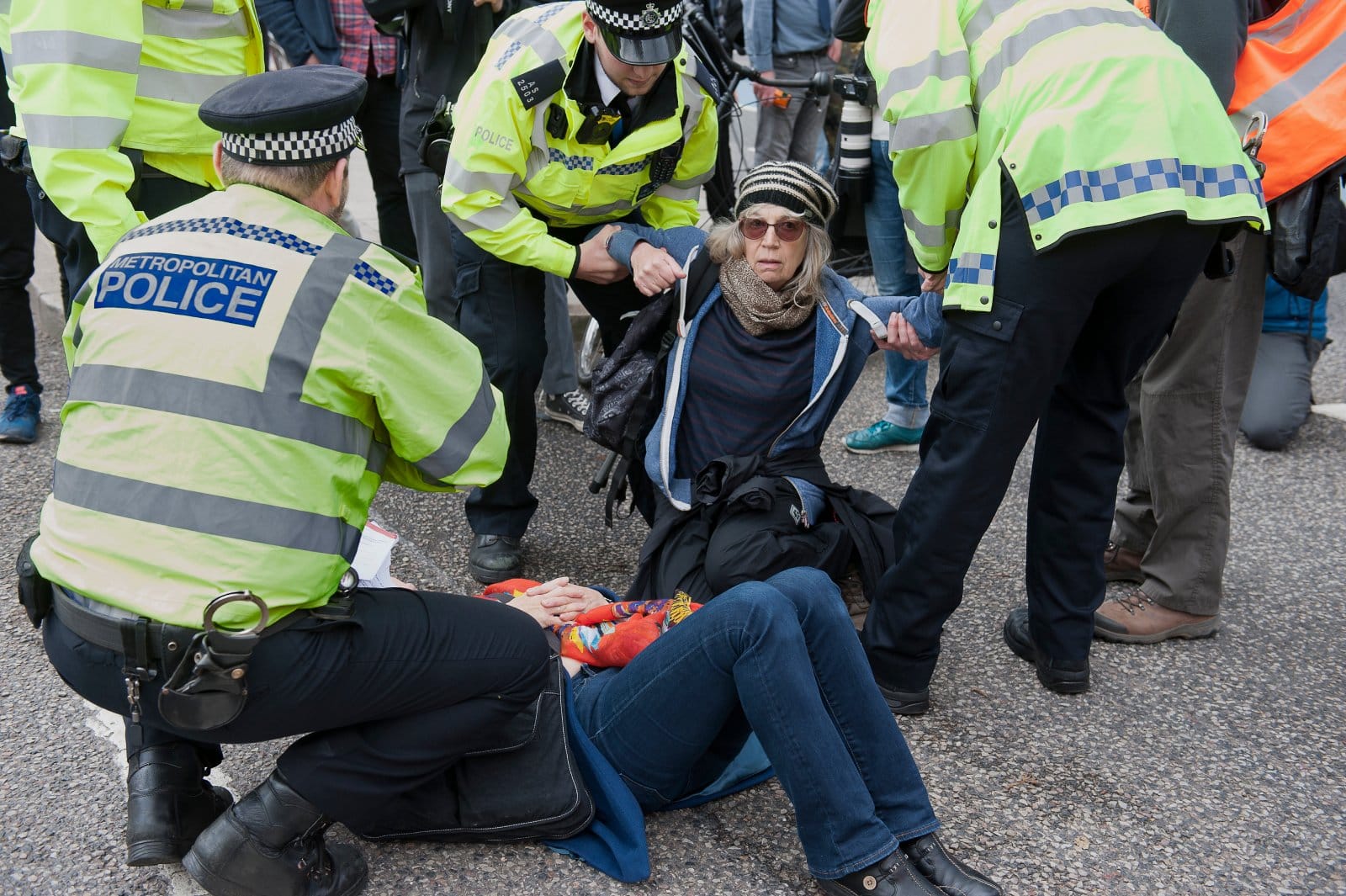
Additionally, the Committee noted instances of protests outside MPs’ homes and offices, raising concerns about intimidation and the need to protect elected representatives’ ability to carry out their duties without fear.
Comprehensive Support

MPs stressed the importance of providing comprehensive support to police forces to address the evolving challenges of policing protests.
Robust Plan

They called for a robust workforce plan to identify and respond to resource demands nationwide effectively.
Hate Crime Action Plan

Additionally, the Committee highlighted the expiration of the government’s hate crime action plan, urging urgent action to address hate crimes and ensure a cohesive strategy for tackling such offences.
Equal Rights
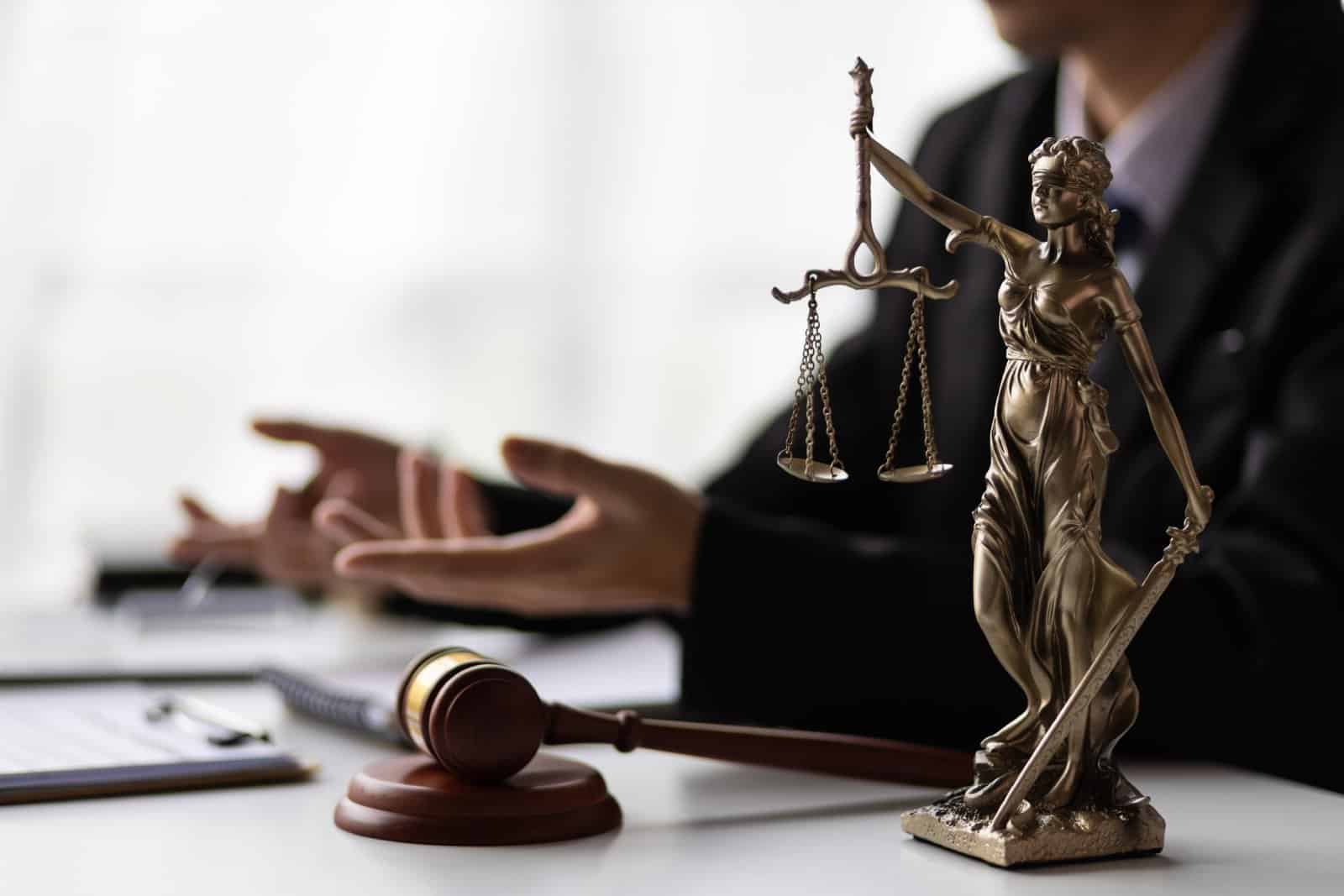
Diana Johnson, the committee chair, emphasised the significance of upholding both the right to protest and public safety.
“Hard-Won Right”
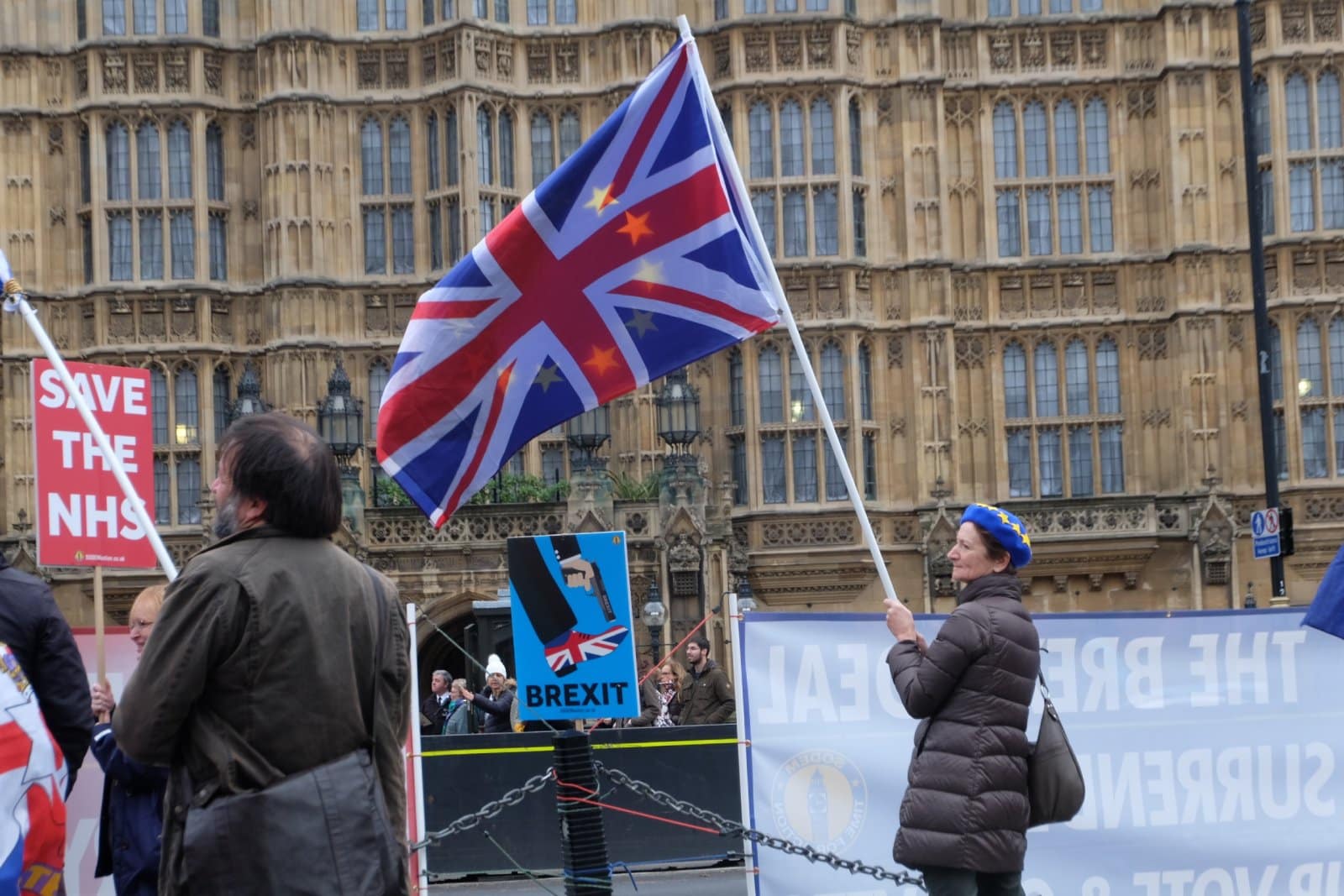
Johnson stated, “The hard-won right to protest is a vital part of our democratic process and must be protected. So must the right for everyone to feel safe on our streets, at their workplace or private home, including elected representatives, their staff and families.”
Maintaining Order
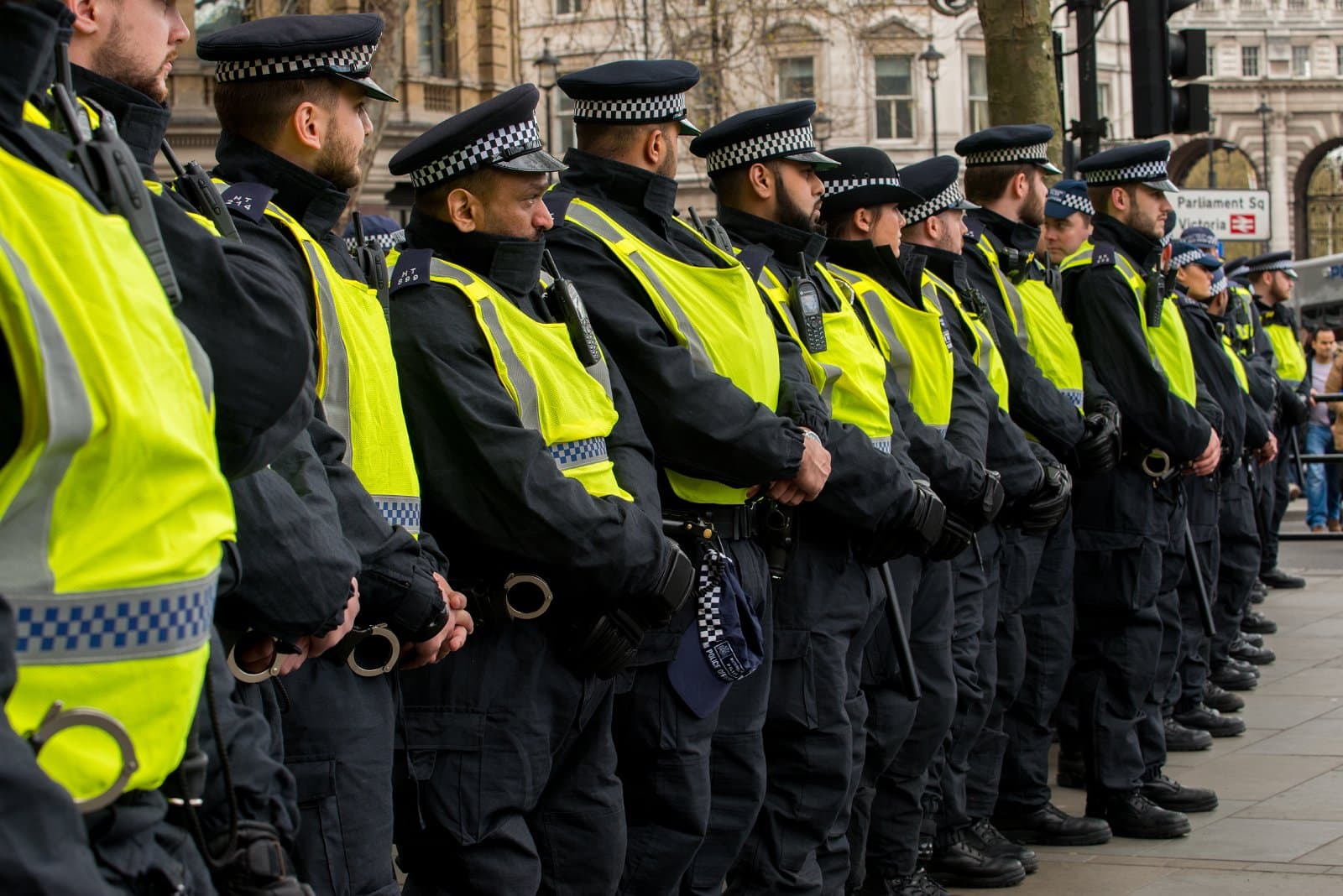
The debate surrounding mass protests in London is indicative of the delicate balance between upholding civil liberties and maintaining public order.
Public Safety
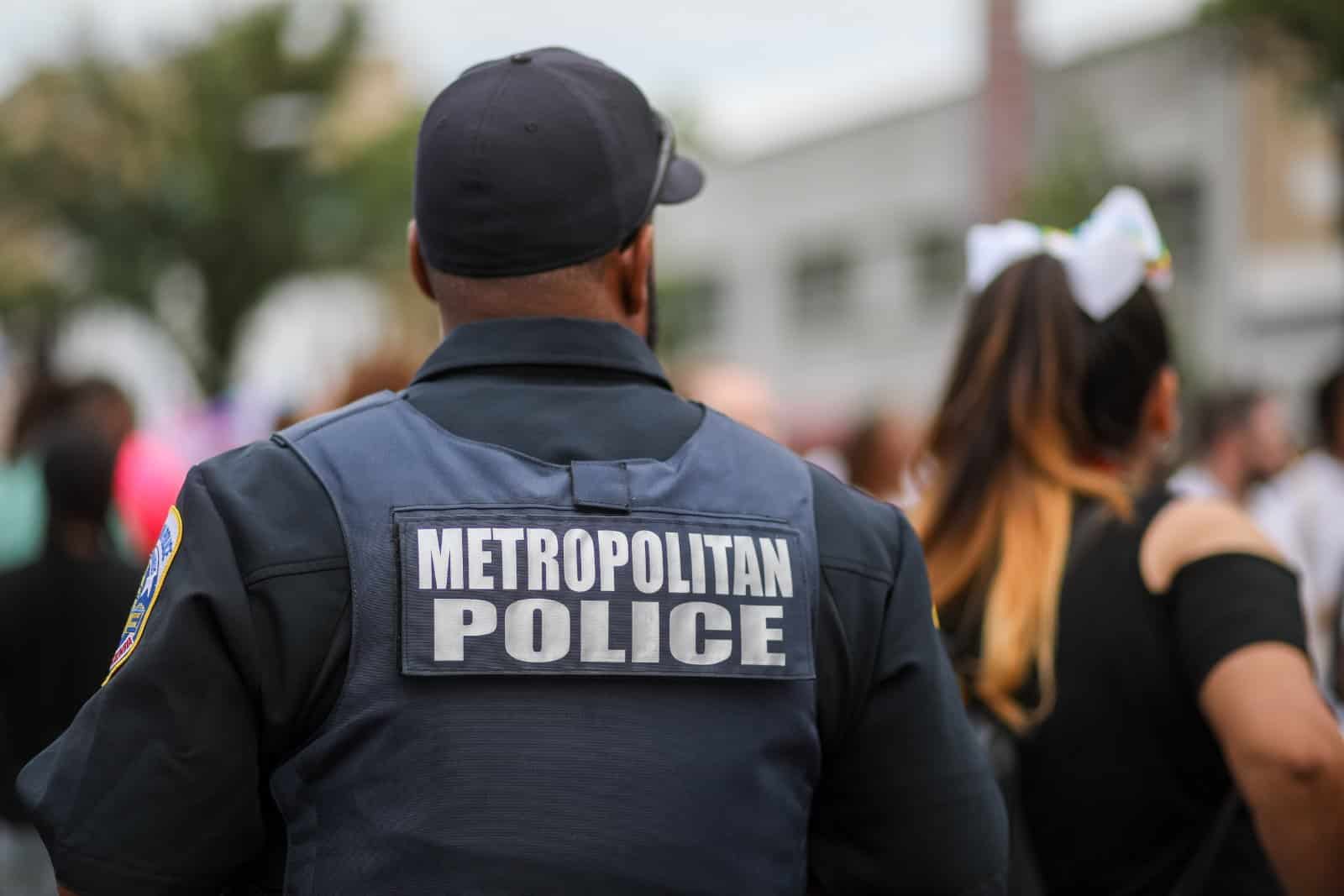
As authorities grapple with demonstrators’ rights and the need to ensure public safety, the apparent need for ever more police powers mustn’t trump hard-won democratic freedoms.
Silence Protests

As protests, strike action, and other demonstrations are set to continue, perhaps it is time the government started asking itself why so many are being organised and started listening to the voices of the dispossessed instead of looking for further ways to silence them.
More Articles Like This…
Broken Britain: 12 Reasons Behind the UK’s Decline
Say the Unsayable: 10 Occasions When Farage Spoke His Mind About Britain
The post Police State or Sad State? UK Public Order Powers Hikes Amid More Mass Protests first appeared on Edge Media.
Featured Image Credit: Shutterstock / Sandor Szmutko .
Grant Gallacher is a seasoned writer with expertise in politics and impactful daily news. His work, deeply rooted in addressing issues that resonate with a wide audience, showcases an unwavering commitment to bringing forth the stories that matter. He is also known for satirical writing and stand up comedy.

